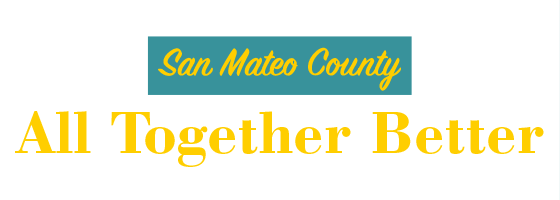Promising Practices
The Promising Practices database informs professionals and community members about documented approaches to improving community health and quality of life.
The ultimate goal is to support the systematic adoption, implementation, and evaluation of successful programs, practices, and policy changes. The database provides carefully reviewed, documented, and ranked practices that range from good ideas to evidence-based practices.
Learn more about the ranking methodology.
Filed under Effective Practice, Community / Crime & Crime Prevention, Children, Urban
Goal: The goals of the program are to carry out a comprehensive strategy to apprehend and prosecute offenders who carry firearms, to put others on notice that offenders face certain and serious punishment for carrying illegal firearms, and to prevent youths from following the same criminal path.
Filed under Effective Practice, Economy / Employment, Adults
Goal: Opportunity Chicago's goal was to identify employment barriers within the system and to reduce those barriers by creating processes that would result in a smoother and more streamlined path to employment for CHA residents.
Impact: Of the 6,743 participants in an Opportunity Chicago program between 2006 and 2010, 5,185 (77%) were employed by the end of the project. Fifty-four percent retained employment for two or more years. Fifty-nine percent of participants saw an increase in quarterly earnings.
Filed under Evidence-Based Practice, Economy / Poverty, Adults, Urban
Goal: The goal of this program was to increase the workforce efforts of low-income adults living in subsidized housing.
Filed under Effective Practice, Health / Oral Health, Older Adults
Goal: The mission of the Oral Health Equity Project (OHEP) is to increase access to preventative services and dental care for economically disadvantaged elders living in Boston's public housing. The specific goal of the three-year project is to provide oral health screening to 1000 low-income elders.
Filed under Good Idea, Health / Children's Health, Children, Families, Urban
Goal: The program aims to provide ongoing comprehensive care coordination to children with medically complex and chronic conditions within Children's National health care system.
Filed under Good Idea, Health / Respiratory Diseases, Children, Families
Goal: The program’s goal is to help families prevent and/or successfully manage asthma.
Filed under Effective Practice, Education / Childcare & Early Childhood Education, Children, Teens, Adults, Women, Men, Older Adults, Families, Racial/Ethnic Minorities
Goal: PAXIS Institute develops, implements, and supports tested and proven solution-focused strategies with real-world outcomes for children and the adults who care for them in partnership with communities to reduce historical disparities and improve lifetime outcomes to create population-level peace, productivity, health, and happiness.
The mission of the PAX Tools for Human Services program is to empower individuals and communities to create a more nurturing environment with universal access to research-based prevention science in order to improve the well-being and lifetime outcomes of people from all walks of life around the world.
Filed under Effective Practice, Health / Children's Health
Goal: The goals of the Packard Pediatric Weight Control Program are to (1) help children improve their eating and exercise habits; (2) create a balanced diet; and (3) help participating children maintain or gradually lose weight.
Filed under Effective Practice, Education / Student Performance K-12, Children
Goal: The goal of PALS is to ensure that all students succeed in reading and math.
Filed under Good Idea, Education / Educational Attainment, Adults
Goal: The Per Scholas mission is to not only open doors to technology careers, but to build the foundation for future sustainability and growth for our communities.

